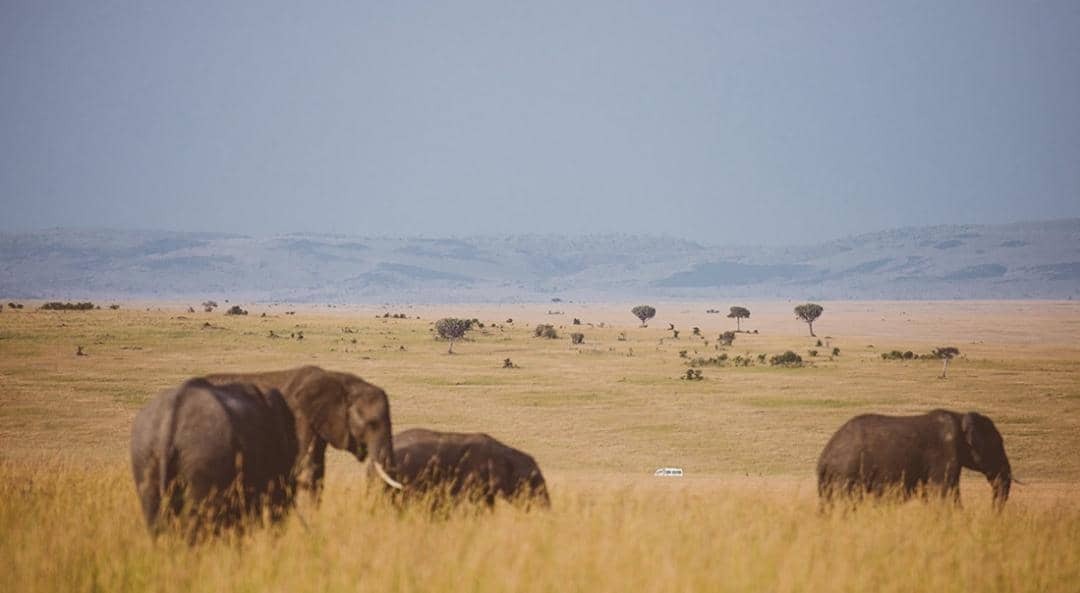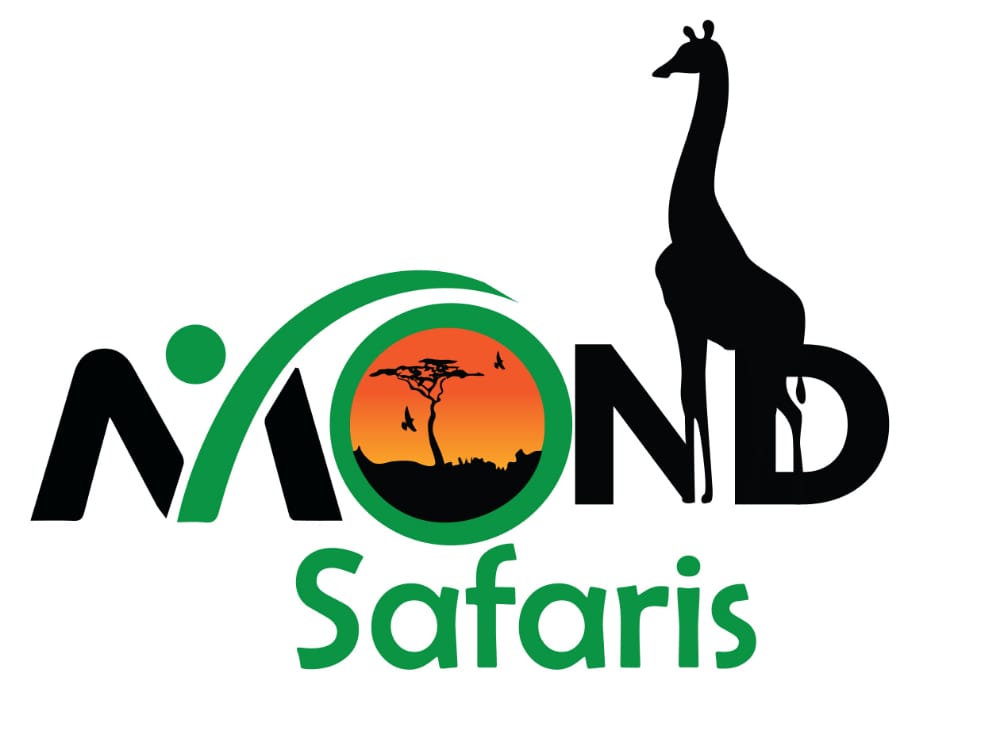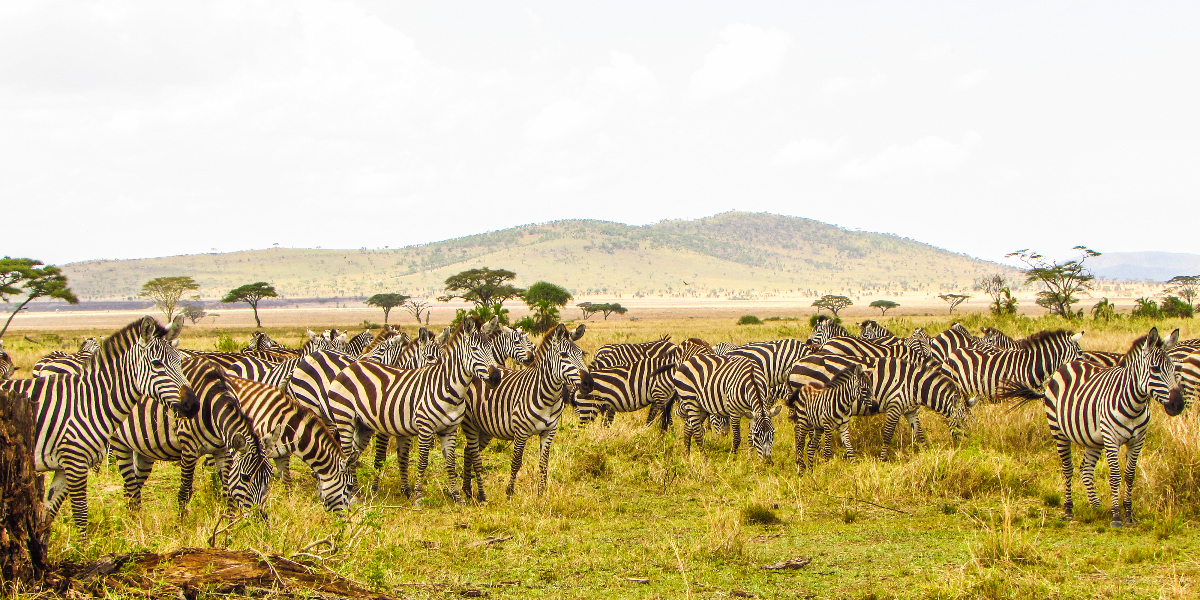Embark on an African adventure like never before as we unveil the top 7 best…

elephant safari in africa
An elephant safari can be experienced in Africa. It is a unique and exciting adventure. The safari allows you to see these majestic creatures up close in their natural habitat. It is an unforgettable experience that you will cherish forever.
Experience the Thrill of a Lifetime: Elephant Safaris in Africa

An unforgettable adventure that will ignite your senses and leave you in awe of the natural world. Experience the thrill of a lifetime with elephant safaris in Africa, where majestic creatures roam freely through sprawling landscapes. Picture yourself atop one of these gentle giants, gently swaying with every step as you traverse the untamed wilderness. Feel the exhilaration as you witness breathtaking sunsets over vast savannahs, with the sounds of the African bush surrounding you.
The significance of elephant safaris
Elephant safaris hold a special place in the hearts of wildlife enthusiasts and conservationists alike. These gentle giants are not only awe-inspiring to behold but also play a crucial role in maintaining the delicate balance of African ecosystems. By embarking on an elephant safari, you actively contribute to the preservation of these magnificent creatures and the habitats they call home.
The experience of being in the presence of elephants is unlike anything else. Their sheer size, intelligence, and emotional depth make them one of the most fascinating species on the planet. Interacting with elephants in their natural environment allows you to gain a deeper understanding of their behavior, social structures, and the challenges they face in the wild.
Why should I go for an elephant safari in Africa

Elephant safaris also provide an opportunity to support local communities that rely on eco-tourism for their livelihoods. By choosing responsible safari operators, you can ensure that your visit contributes positively to the local economy and helps foster a sustainable future for both elephants and humans.
Top destinations for elephant safaris in Africa

Africa is home to some of the most iconic elephant populations in the world, making it a dream destination for wildlife enthusiasts. From the vast plains of Kenya to the dense jungles of Botswana, there are several incredible locations where you can embark on an elephant safari adventure.
1. Amboseli National Park, Kenya : Situated at the foot of Mount Kilimanjaro, Amboseli National Park offers a breathtaking backdrop for elephant safaris. Here, you can witness large herds of elephants roaming freely against the backdrop of Africa’s tallest mountain, creating a truly awe-inspiring sight.
2. Chobe National Park, Botswana: Known as the “Land of Giants,” Chobe National Park is home to one of the largest elephant populations in Africa. The park’s diverse landscapes, including riverine woodlands and expansive grasslands, provide the perfect habitat for elephants and offer visitors a chance to observe their natural behavior up close.
3. Hwange National Park, Zimbabwe: Hwange National Park boasts an impressive population of elephants, with over 40,000 individuals calling it home. Exploring this vast wilderness on an elephant safari allows you to witness these majestic creatures in their natural habitat and offers a unique perspective on their daily lives.
4. Murchison falls national park and Queen Elizabeth National park: These parks are found in Uganda and also home to the very many elephants.
Planning your elephant safari trip

Planning an elephant safari requires careful consideration to ensure a safe and memorable experience. Here are some essential factors to keep in mind when planning your trip:
1. Research: Start by researching different safari operators and destinations to find the one that aligns with your preferences and budget. Look for operators that prioritize responsible tourism and have a strong commitment to elephant conservation.
2. Timing: Consider the best time to visit your chosen destination, taking into account factors such as weather, wildlife migration patterns, and the availability of elephant sightings. Each season offers a unique experience, so choose the time of year that suits your interests.
3. Duration: Determine how long you want your elephant safari to be. Some safari experiences can last a few days, while others may go for weeks. Consider your available vacation time and how much time you would like to spend in the African wilderness.
4. Accommodation: Decide on the type of accommodation that suits your preferences, whether it’s a luxury lodge, a tented camp, or a mobile safari. Each option offers a different level of comfort and proximity to wildlife, so choose one that matches your desired experience.
5. Health and Safety: Ensure that you are up to date with necessary vaccinations and medications for travel to Africa. It’s also important to check if your chosen destination requires any specific travel permits or visas.
6. Pack appropriately: Pack lightweight, breathable clothing in neutral colors, as well as sturdy walking shoes, a hat, sunscreen, insect repellent, and a good pair of binoculars. Don’t forget to bring a camera to capture the incredible moments you’ll encounter during your safari.
By taking the time to plan your elephant safari thoroughly, you can maximize your chances of having an unforgettable experience that exceeds your expectations.
Choosing the right safari operator
Selecting the right safari operator is crucial to ensure a safe, enjoyable, and responsible elephant safari experience. Here are some key factors to consider when choosing a safari operator:
1. Experience and Expertise: Look for licensed operators with a proven track record and extensive experience in organizing elephant safaris. Read reviews and testimonials from previous clients to gauge their level of expertise and customer satisfaction.
2. Responsible Tourism: Choose a safari operator that prioritizes responsible tourism practices and has a strong commitment to elephant conservation. Ensure that they adhere to ethical guidelines and contribute to local communities and conservation efforts.
3. Qualified Guides: The quality of your safari experience greatly depends on the knowledge and expertise of your guides. Ensure that the operator employs qualified guides who are passionate about wildlife, have in-depth knowledge of the local ecosystem, and prioritize the safety and well-being of both guests and elephants.
4. Safety Measures: Safety should always be a top priority when choosing a safari operator. Inquire about the safety measures they have in place, such as well-maintained vehicles and communication systems. A reputable operator will prioritize the well-being of their guests and wildlife.
5. Flexibility and Customization: Look for operators that offer flexible itineraries and customizable safari experiences. This allows you to tailor your trip according to your preferences, ensuring that you get the most out of your elephant safari adventure.
By carefully assessing these factors and choosing a reputable safari operator, you can rest assured that your elephant safari will be a safe, educational, and unforgettable experience.
The best time to go on an elephant safari
The timing of your elephant safari can greatly influence the type of experience you have. Understanding the seasonal patterns and wildlife behaviors will help you choose the best time to embark on your adventure. Here are some considerations:
1. Dry season: The dry season, typically occurring during the winter months, is often considered the best time for elephant safaris. During this period, water sources become scarce, and elephants congregate around remaining waterholes, providing excellent opportunities for sightings.
2. Green season: The green season, also known as the rainy season, brings lush vegetation and an abundance of newborn animals. While elephant sightings may be more challenging due to the increased foliage, the green season offers a unique opportunity to witness the circle of life in the African wilderness.
3. Migration patterns: If witnessing the great wildebeest migration in East Africa is on your bucket list, plan your elephant safari around this spectacle. The migration typically occurs between July and October, attracting predators and creating a dynamic ecosystem that elephants are a part of.
Remember that wildlife is unpredictable, and there are no guarantees of specific sightings or experiences. However, by considering these factors, you can increase your chances of witnessing incredible wildlife interactions during your elephant safari.
What to expect during an elephant safari in Africa
An elephant safari is an immersive experience that allows you to observe these magnificent creatures in their natural habitat. Here’s what you can expect during your elephant safari adventure:
1. Elephant interactions: Get ready to witness elephants up close and personal. Whether you’re observing them from the back of an elephant or from a safe distance in a safari vehicle, you’ll have the opportunity to observe their behavior, interactions with other elephants, and their unique social structures.
2. Scenic landscapes: As you traverse through the African wilderness, you’ll be treated to breathtaking landscapes that showcase the diversity of the continent. From vast savannahs to dense forests and winding rivers, each location offers its own distinct beauty and sense of wonder.
3. Other wildlife encounters: While elephants may be the main attraction, an elephant safari offers the chance to encounter a variety of other wildlife species. Keep your eyes peeled for lions, giraffes, zebras, buffalo, and a myriad of bird species that call Africa home.
4. Educational experiences: Your safari guides will provide valuable insights into the behavior, ecology, and conservation of elephants and other wildlife. Learn about their role in the ecosystem, ongoing conservation efforts, and the challenges they face in the wild.
5. Cultural immersion: Many elephant safari destinations offer opportunities to engage with local communities and learn about their rich cultural heritage. From visiting traditional villages to interacting with local artisans, these cultural experiences add depth to your safari adventure.
Wildlife encounters during an elephant safari in Africa
One of the highlights of an elephant safari is the opportunity to witness a diverse range of wildlife species in their natural habitats. Here are some of the remarkable encounters you may have during your safari:
1. Elephants: Of course, the main attraction of an elephant safari is the chance to observe elephants in their natural environment. Whether you spot them feeding, bathing, or engaging in social interactions, their sheer presence is awe-inspiring.
2. Lions: Africa’s apex predators, lions, often share the same habitats as elephants. Witnessing a lioness on the prowl or a pride lazing in the sun is a thrilling experience that adds an extra layer of excitement to your safari.
3. Giraffes: With their long necks and graceful movements, giraffes are a sight to behold. Spotting these gentle giants feeding on acacia trees or gracefully walking across the savannah is a photographer’s dream.
4. Zebras: The striking black and white stripes of zebras create a mesmerizing sight against the African landscape. Observe their unique social dynamics and watch as they gather in large herds, grazing peacefully.
5. Buffalo: Often found in close proximity to elephants, buffalo herds can be seen grazing alongside these majestic creatures. Observe their impressive strength and defensive strategies as they navigate their surroundings.
These are just a few examples of the incredible wildlife encounters you may experience during your elephant safari. Every day in the African wilderness brings new surprises and opportunities to witness the beauty and diversity of the natural world.
Responsible tourism and elephant conservation
Responsible tourism is key to ensuring the long-term survival of elephants and their habitats. By choosing safari operators and accommodations that prioritize sustainability and conservation, you can contribute to the protection of these magnificent creatures. Here are some ways you can practice responsible tourism during your elephant safari:
1. Choose ethical operators: Opt for safari operators that have a strong commitment to responsible tourism and elephant conservation. Ensure that they adhere to ethical guidelines, such as maintaining a safe distance from elephants, minimizing disturbance to their natural behavior, and supporting local communities.
2. Support conservation initiatives: Look for operators that actively contribute to elephant conservation efforts through financial support, research, and community engagement. By choosing these operators, you directly contribute to the long-term well-being of elephants and their habitats.
3. Respect wildlife: When observing elephants and other wildlife, maintain a respectful distance and avoid interfering with their natural behavior. Follow the guidance of your guides to ensure a safe and ethical experience for both you and the animals.
4. Minimize your ecological footprint: Practice responsible waste management, conserve water and energy, and minimize your use of single-use plastics during your safari. Leave the environment as you found it, ensuring that future generations can also enjoy the wonders of Africa.
5. Support local communities: Engage with local communities in a respectful and meaningful way. Purchase locally made crafts, support community-led initiatives, and learn about their cultural heritage to foster a positive impact on the local economy.
By practicing responsible tourism, you can be part of the solution and help secure a sustainable future for elephants and the African wilderness.
Tips for a memorable elephant safari in Africa experience
To make the most of your elephant safari adventure, consider these tips:
1. Be patient: Wildlife encounters can be unpredictable, and elephants may not always be immediately visible. Embrace the serendipity of the experience and allow yourself to fully immerse in the rhythms of the African wilderness.
2. Respect wildlife and their habitats: Avoid making sudden movements, loud noises, or disturbing the animals in any way. This ensures that your presence has minimal impact on their natural behavior.
3. Listen to your guides: Your safari guides are experts in their field and possess a wealth of knowledge about the wildlife and environments you’ll encounter. Listen to their instructions, ask questions, and learn from their expertise.
4. Disconnect and immerse: Take this opportunity to disconnect from the digital world and fully immerse yourself in the sights, sounds, and smells of the African wilderness. Embrace the simplicity and beauty of being present in the moment.
5. Capture memories responsibly: While it’s tempting to document every moment of your safari, remember to enjoy the experience firsthand rather than solely through a lens. Take time to observe and appreciate the beauty unfolding before you, and use your camera to capture select moments that truly resonate with you.
6. Embrace the unexpected: Nature is full of surprises, and an elephant safari is no exception. Be open to unexpected encounters, whether it’s a rare bird sighting, a unique behavior, or the chance to witness an awe-inspiring sunset in the wild.
By following these tips, you’ll enhance your elephant safari experience and create lasting memories that will stay with you long after your journey comes to an end.
Conclusion
An elephant safari in Africa is a transformative experience that allows you to connect with nature in a profound way. From the majestic presence of elephants to the breathtaking landscapes and diverse wildlife, Africa’s wilderness offers a sensory overload that will leave you in awe.
By choosing responsible safari operators, practicing ethical tourism, and supporting elephant conservation efforts, you become an active participant in preserving the natural heritage of Africa for generations to come.



